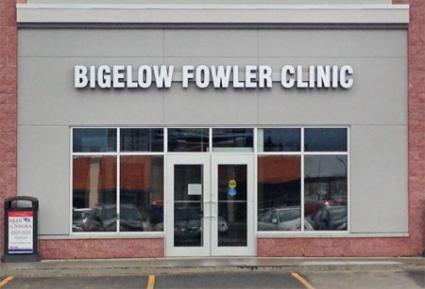What is pertussis?
Pertussis, or whooping cough, is a contagious disease that spreads by respiratory droplets when
people sneeze or cough or by droplets on people’s hands when they touch other persons or objects.
Common symptoms of the disease are forceful episodes of coughing, lasting 2 weeks or longer that
may end in vomiting, temporary stopping of breathing or gagging. A whooping sound may be present
as a person tries to breathe in. In older children and adults, the symptoms are usually less severe, the
whoop is usually not present and complications are uncommon. The most noticeable complaint in
adults with pertussis is the lingering, irritating cough, which may last 6 to 10 weeks. This disease is
most serious in babies as it often progresses to pneumonia which may be fatal. Severe coughing
makes it difficult for a baby to breathe, nurse or take a bottle. Infants may lose weight because they
often vomit after coughing and feed poorly when ill. Although pertussis may be milder in older persons,
these infected persons may infect other people including unimmunized or under-immunized infants.
Complications of pertussis (such as ear infections and pneumonia) are common. Even without
complications, infants are sick for 3 to 12 weeks.
What can I do personally to help fight this outbreak?
Make sure your children and adolescents are up to date with the childhood immunization schedule.
This will ensure they are adequately protected against childhood diseases, including pertussis.
Pertussis vaccine does not prevent infection in everyone. However, it is very effective in reducing the
severity of the illness and the risk of complications . Also, to prevent the spread of this disease, basic
hygiene measures should be reinforced. These include: covering your mouth while coughing, and
washing hands frequently. Finally, when anyone has pertussis, she or he should not attend day care,
school or go to other places with susceptible individuals (those with no immunity to the disease) for 3
weeks from the onset of cough fits or until she or he has stopped coughing or until she or he has
received at least 5 days of the recommended antibiotic. This will help prevent the spread of the
disease to other children who may have younger siblings at home.
Should I see a physician?
It is probably good to s ee a physician if you are de veloping sympto ms of pertu ssis suc h as sev ere
coughing fits, cough after which the person vomits or stops breathing, or cough with ‘whooping sound’
especially if you have been in direct contact with a confirmed case of pertussis. Your physician can
confirm the diagnosis and offer the appropriate antibiotic treatment, if necessary. Antibiotics will also
reduce the chance of passing the infection to someone else and may help reduce the severity or
duration of symptoms.
What is in place to combat this?
Local physicians are seeing patients to confirm the diagnosis and to offer antibiotic treatment. If
pertussis is diagnosed, physicians will also offer preventive antibiotic treatments to household contacts
to prevent pertussis.
Immunization is a very effective and safe way to protect everyone against a number of childhood
diseases, including pertussis.



